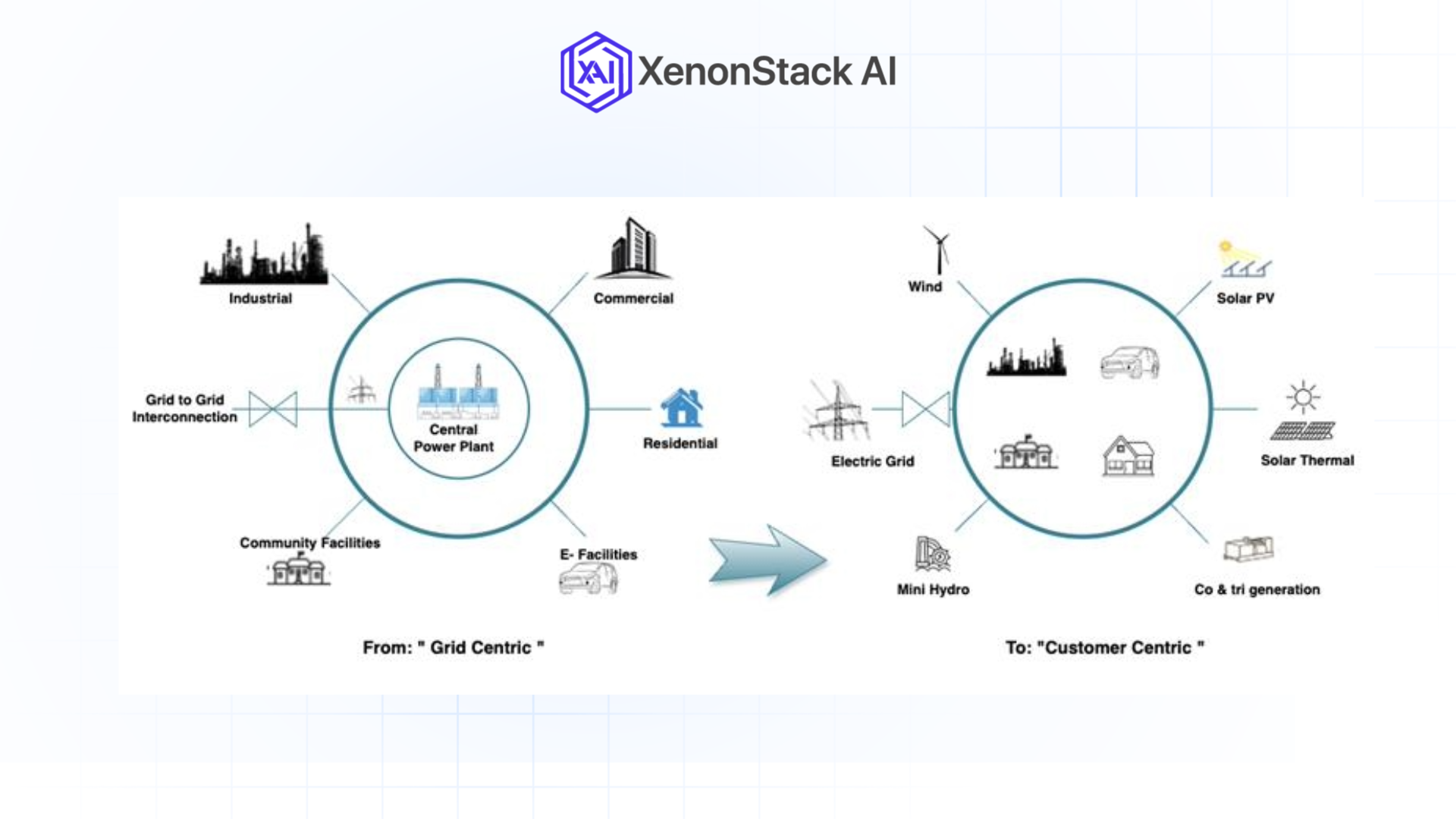Benefits of AI in Renewable Energy Production
-
Increased Energy Efficiency: AI minimizes energy waste by optimizing production and consumption patterns. For example, AI-powered models can adjust turbine blade angles to maximize wind energy capture.
-
Cost Reduction: AI reduces operational costs by improving system efficiency, optimizing resource allocation, and predicting maintenance needs.
-
Enhanced Reliability: AI’s predictive capabilities ensure a steady energy supply by addressing the intermittency of renewable energy sources.
Environmental Benefits
-
Optimized energy systems reduce greenhouse gas emissions and minimize the environmental impact of energy production.
-
Scalability: AI-driven solutions can be scaled to accommodate growing energy demands and expanding renewable energy systems.
Challenges in Implementing AI for Renewable Energy
-
Data Quality and Availability: AI models require large volumes of accurate and diverse data. Inconsistent or incomplete data can hinder AI’s effectiveness.
-
Integration with Legacy Systems: Incorporating AI into existing energy infrastructure can be complex and costly.
-
Cybersecurity Risks: AI systems are vulnerable to cyberattacks, which can compromise energy production and grid stability.
-
High Initial Costs: Developing and deploying AI systems for renewable energy requires a significant upfront investment.
-
Regulatory and Policy Barriers: Lack of standardized regulations can delay the adoption of AI in renewable energy systems.
Future Trends in AI-Driven Renewable Energy
Decentralized Energy Systems: AI will enable the management of decentralized energy systems, where consumers also act as producers (prosumers).
Conclusion for Renewable Energy Production
AI is transforming renewable energy production, addressing key challenges, and unlocking new opportunities for efficiency, reliability, and sustainability. As businesses and governments prioritize renewable energy, AI will play an increasingly vital role in achieving a cleaner and more sustainable energy future. By leveraging advanced algorithms, predictive analytics, and IoT integration, AI empowers energy producers to optimize renewable energy systems, reduce costs, and minimize environmental impact.
Despite challenges, the benefits of AI-driven renewable energy far outweigh the obstacles, paving the way for a greener and more resilient energy sector. The future of energy lies in the seamless integration of AI and renewable energy, promising a world where sustainable energy is accessible, efficient, and impactful. Companies and policymakers must embrace these advancements to drive the global transition towards a more sustainable and equitable energy landscape.
.webp?width=1921&height=622&name=usecase-banner%20(1).webp)







